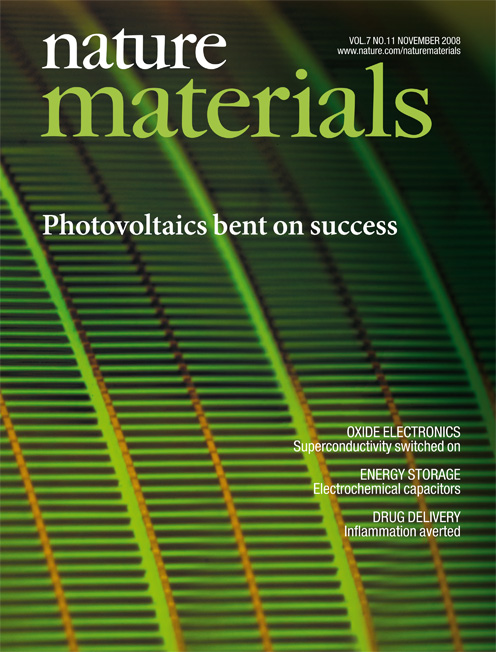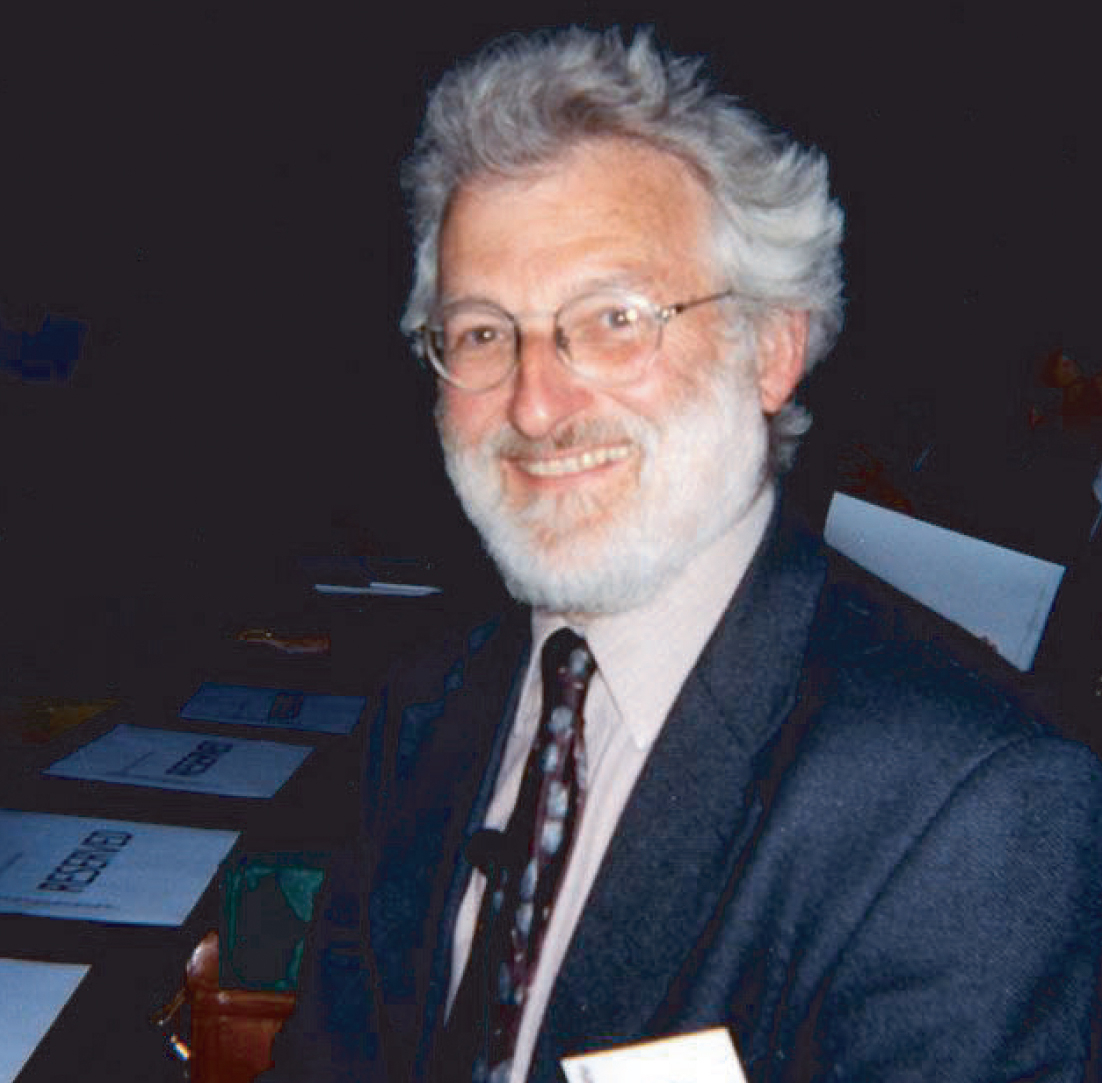|
Ginés Morata
Ginés Morata Pérez is a Spanish biologist who is Research Professor at the Autonomous University of Madrid in Spain and an expert in developmental biology of the fruit fly (''Drosophila''), a specialty he has worked on for over 40 years. Education Morata was educated at the and the Complutense University of Madrid. He was awarded a PhD in 1973 for research on the heredity in the fruit fly ''Drosophila'' supervised by Antonio Garcia-Bellido. Career and research , his research focuses on cell competition, especially in relation to apoptosis and carcinogenesis. His lab also does experimental analysis of regeneration in the imaginal discs. Morata has been involved in several major discoveries, including the discovery of developmental compartments, the phenomenon of cell competition, the connection between genes and compartments, the elucidation of the structure of the Hox gene complex, and the discovery of mitogenic signalling by apoptotic cells. He worked for several years ... [...More Info...] [...Related Items...] OR: [Wikipedia] [Google] [Baidu] |
Rioja, Almería
Rioja is a municipality of Almería province, in the autonomous community of Andalusia, Spain. It should not be confused with La Rioja (autonomous community) in the north, known for its distinctive wine. Demographics See also *List of municipalities in Almería Almería (province), Almería is a provinces of Spain, province in the Autonomous communities of Spain, autonomous community of Andalusia, Spain, which is divided into 103 Municipalities of Spain, municipalities. Spanish census, Almería is t ... References External links *Rioja- Sistema de Información Multiterritorial de Andalucía *- Diputación Provincial de Almería Municipalities in the Province of Almería {{Almería-geo-stub ... [...More Info...] [...Related Items...] OR: [Wikipedia] [Google] [Baidu] |
Royal Society
The Royal Society, formally The Royal Society of London for Improving Natural Knowledge, is a learned society and the United Kingdom's national academy of sciences. The society fulfils a number of roles: promoting science and its benefits, recognising excellence in science, supporting outstanding science, providing scientific advice for policy, education and public engagement and fostering international and global co-operation. Founded on 28 November 1660, it was granted a royal charter by Charles II of England, King Charles II and is the oldest continuously existing scientific academy in the world. The society is governed by its Council, which is chaired by the society's president, according to a set of statutes and standing orders. The members of Council and the president are elected from and by its Fellows, the basic members of the society, who are themselves elected by existing Fellows. , there are about 1,700 fellows, allowed to use the postnominal title FRS (Fellow ... [...More Info...] [...Related Items...] OR: [Wikipedia] [Google] [Baidu] |
Nature (journal)
''Nature'' is a British weekly scientific journal founded and based in London, England. As a multidisciplinary publication, ''Nature'' features Peer review, peer-reviewed research from a variety of academic disciplines, mainly in science and technology. It has core editorial offices across the United States, continental Europe, and Asia under the international scientific publishing company Springer Nature. ''Nature'' was one of the world's most cited scientific journals by the Science Edition of the 2022 ''Journal Citation Reports'' (with an ascribed impact factor of 50.5), making it one of the world's most-read and most prestigious academic journals. , it claimed an online readership of about three million unique readers per month. Founded in the autumn of 1869, ''Nature'' was first circulated by Norman Lockyer and Alexander MacMillan (publisher), Alexander MacMillan as a public forum for scientific innovations. The mid-20th century facilitated an editorial expansion for the j ... [...More Info...] [...Related Items...] OR: [Wikipedia] [Google] [Baidu] |
Peter Anthony Lawrence
Peter Anthony Lawrence (born 23 June 1941) is a British developmental biologist and geneticist . He was a staff scientist of the MRC Laboratory of Molecular Biology from 1969 to 2006 and has worked in thZoology Departmentof the University of Cambridge from 2006 to present. Education Lawrence was educated at Wennington School in Wetherby, and then at St Catharine's College, Cambridge; he gained his doctorate as a student of Vincent Wigglesworth for work on ''Oncopeltus fasciatus'' (milkweed bug). His postdoc in the USA was funded by a Harkness Fellowship. Career and research Lawrence's main discoveries lie in trying to understand the information that shapes an animal or generates a pattern (such as on a butterfly wing or a fingerprint). He is a principal advocate of the theory that cells in a gradient of a morphogen each develop according to the local concentration of that morphogen and that this mechanism thereby patterns fields of cells. Together with Ginés Morata, he has he ... [...More Info...] [...Related Items...] OR: [Wikipedia] [Google] [Baidu] |
Medical Research Council (United Kingdom)
The Medical Research Council (MRC) is responsible for co-coordinating and funding medical research in the United Kingdom. It is part of United Kingdom Research and Innovation (UKRI), which came into operation 1 April 2018, and brings together the UK's seven research councils, Innovate UK and Research England. UK Research and Innovation is answerable to, although politically independent from, the Department for Business, Energy and Industrial Strategy. The MRC focuses on high-impact research and has provided the financial support and scientific expertise behind a number of medical breakthroughs, including the development of penicillin and the discovery of the structure of DNA. Research funded by the MRC has produced 32 Nobel Prize winners to date. History The MRC was founded as the Medical Research Committee and Advisory Council in 1913, with its prime role being the distribution of medical research funds under the terms of the National Insurance Act 1911. This was a conseq ... [...More Info...] [...Related Items...] OR: [Wikipedia] [Google] [Baidu] |
Laboratory Of Molecular Biology
The Medical Research Council (MRC) Laboratory of Molecular Biology (LMB) is a research institute in Cambridge, England, involved in the revolution in molecular biology which occurred in the 1950–60s. Since then it has remained a major medical research laboratory at the forefront of scientific discovery, dedicated to improving the understanding of key biological processes at atomic, molecular and cellular levels using multidisciplinary methods, with a focus on using this knowledge to address key issues in human health. A new replacement building constructed close by to the original site on the Cambridge Biomedical Campus was opened by Queen Elizabeth II in May 2013. The road outside the new building is named Francis Crick Avenue after the 1962 joint Nobel Prize winner and LMB alumnus, who co-discovered the helical structure of DNA in 1953. History Origins: 1947-61 Max Perutz, following undergraduate training in organic chemistry, left Austria in 1936 and came to the University ... [...More Info...] [...Related Items...] OR: [Wikipedia] [Google] [Baidu] |
Postdoctoral Research
A postdoctoral fellow, postdoctoral researcher, or simply postdoc, is a person professionally conducting research after the completion of their doctoral studies (typically a PhD). Postdocs most commonly, but not always, have a temporary academic appointment, sometimes in preparation for an academic faculty position. According to data from the US National Science Foundation, the number of holders of PhD in biological sciences who end up in tenure track has consistently dropped from over 50% in 1973 to less than 20% in 2006. They continue their studies or carry out research and further increase expertise in a specialist subject, including integrating a team and acquiring novel skills and research methods. Postdoctoral research is often considered essential while advancing the scholarly mission of the host institution; it is expected to produce relevant publications in peer-reviewed academic journals or conferences. In some countries, postdoctoral research may lead to further for ... [...More Info...] [...Related Items...] OR: [Wikipedia] [Google] [Baidu] |
United Kingdom
The United Kingdom of Great Britain and Northern Ireland, commonly known as the United Kingdom (UK) or Britain, is a country in Northwestern Europe, off the coast of European mainland, the continental mainland. It comprises England, Scotland, Wales and Northern Ireland. The UK includes the island of Great Britain, the north-eastern part of the island of Ireland, and most of List of islands of the United Kingdom, the smaller islands within the British Isles, covering . Northern Ireland shares Republic of Ireland–United Kingdom border, a land border with the Republic of Ireland; otherwise, the UK is surrounded by the Atlantic Ocean, the North Sea, the English Channel, the Celtic Sea and the Irish Sea. It maintains sovereignty over the British Overseas Territories, which are located across various oceans and seas globally. The UK had an estimated population of over 68.2 million people in 2023. The capital and largest city of both England and the UK is London. The cities o ... [...More Info...] [...Related Items...] OR: [Wikipedia] [Google] [Baidu] |
Apoptotic
Apoptosis (from ) is a form of programmed cell death that occurs in multicellular organisms and in some eukaryotic, single-celled microorganisms such as yeast. Biochemical events lead to characteristic cell changes ( morphology) and death. These changes include blebbing, cell shrinkage, nuclear fragmentation, chromatin condensation, DNA fragmentation, and mRNA decay. The average adult human loses 50 to 70 billion cells each day due to apoptosis. For the average human child between 8 and 14 years old, each day the approximate loss is 20 to 30 billion cells. In contrast to necrosis, which is a form of traumatic cell death that results from acute cellular injury, apoptosis is a highly regulated and controlled process that confers advantages during an organism's life cycle. For example, the separation of fingers and toes in a developing human embryo occurs because cells between the digits undergo a form of apoptosis that is genetically determined. Unlike necrosis, apoptosis pro ... [...More Info...] [...Related Items...] OR: [Wikipedia] [Google] [Baidu] |
Mitogen
A mitogen is a small bioactive protein or peptide that induces a cell to begin cell division, or enhances the rate of division (mitosis). Mitogenesis is the induction (triggering) of mitosis, typically via a mitogen. The cell cycle Mitogens act primarily by influencing a set of proteins which are involved in the restriction of progression through the cell cycle. The G1 checkpoint is controlled most directly by mitogens: further cell cycle progression does not need mitogens to continue. The point where mitogens are no longer needed to move the cell cycle forward is called the " restriction point" and depends on cyclins to be passed.Bohmer et al. "Cytoskeletal Integrity Is Required throughout the Mitogen Stimulation Phase of the Cell Cycle and Mediates the Anchorage-dependent Expression of Cyclin DI". January 1996, Molecular Biology of the Cell, Vol. 7, pp. 101-111. One of the most important of these is TP53, a gene which produces a family of proteins known as p53. It, combined ... [...More Info...] [...Related Items...] OR: [Wikipedia] [Google] [Baidu] |




